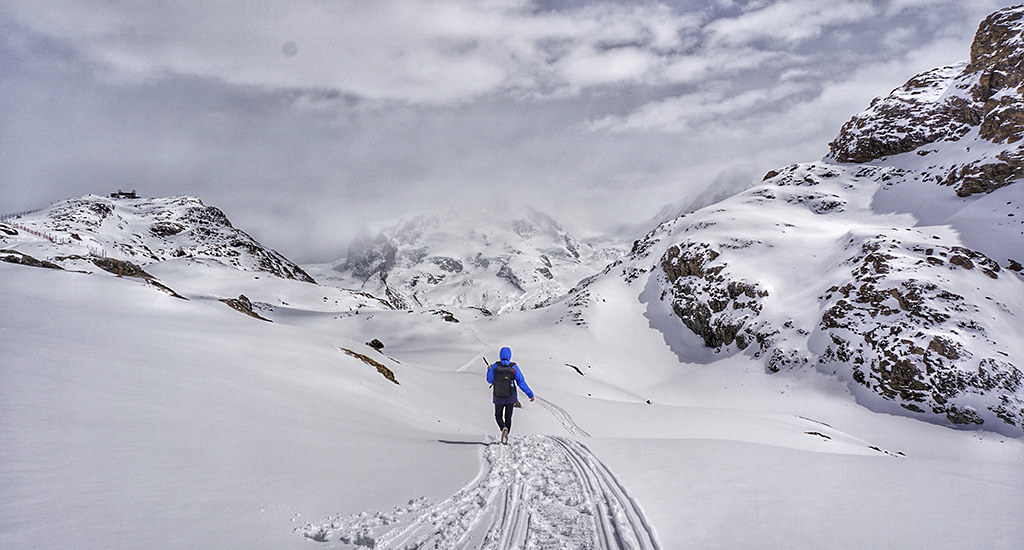Challenging Ourselves Through More Adventurous Travel

Over the years, my method for travelling shifted from big city cultural excursions to out-of-the-way adventures. This made me wonder - are others also reconsidering how they travel? Over the last decade, travellers of all ages became more adventurous, looking for epic versus expected. If you’re already considering hikes over beach relaxation, your up-and-coming travel could become increasingly more unconventional.
For many, daily life is not such an adventure. Our routines involve commutes, computers and coffee. It’s predictable, it’s comfortable. Travel is one way to break our identity-forming routines and challenge ourselves. These challenges can be a physical, mental or existential, ranging from weekend cultural immersion to full month treks. Either way, we want to break from our ordinary and challenge our idea of ourselves through travel excursions.
Now, travel isn’t as challenging as it used to be. Researching and booking your trip previously involved phone calls and in-person meetings, versus poking your smartphone before going to bed. The digitization of today eliminates extra steps and many unknowns. If we need directions, we use Google Map. If we need insider advice, we read multiple blogs before departing.
But humans get joy from overcoming challenges. This is why travel is becoming even more adventurous. It’s not just about going to must-see destinations, but participating in unexpected activities. Beyond rafting the Grand Canyon or scuba diving the Great Barrier Reef, there are now trips to hunt for glacier in Greenland, dogsled in Siberia, trek India’s frozen rivers or canoe Botswana’s Okavango Delta.
It’s also harder these days to be different, and it’s surprising how accommodating tourist destinations are becoming. When you think you’ve discovered the next, untouched hotspot, thousands - millions - have already written or recorded it on Instagram. Unconventional or out-of-reach places like Georgia (the country) and Svalbard are not so mystical anymore, and the once ‘lost city’ of Machu Picchu started capping visitors in 2017. This means frequent travellers are steering away from must-see destinations to more extraordinary itineraries.
We’ve shifted away from observing toward doing. When going to a new location, many of us look for a participatory activity. This could be as simple as a cooking class, making new friends, learning a new language or hiking for the day. Websites like Viator, Airbnb and Facebook make finding an event or experience even easier. All generations are seeking out more adventurous trips and experiences, whether alone, with their family, friends, strangers or a like-minded community.
From my own experience, I’ve witnessed an increased openness to unique travel situations or ideas. When I took a solo train trip across the United States in my early twenties, many found this out-of-the-ordinary. This was because of the solo aspect and travel method. Ten years later, when I decided to sail shorthanded to Denmark from Amsterdam, people were more intrigued than surprised. Though an unexpected choice, my friends and colleagues had a foundational acceptance of unfamiliar travel itineraries.
We travel to escape, challenge, overcome, understand and participate. There’s a growing sentiment across all generations to break from our ruts, routines and preconceived notions of ourselves. When reflecting on my own travel, my preferences changed over my life stages. It evolved as my needs or shortcomings became more evident. When realising my daily life could only challenge me so much, I turned to travel as key milestones in my development.